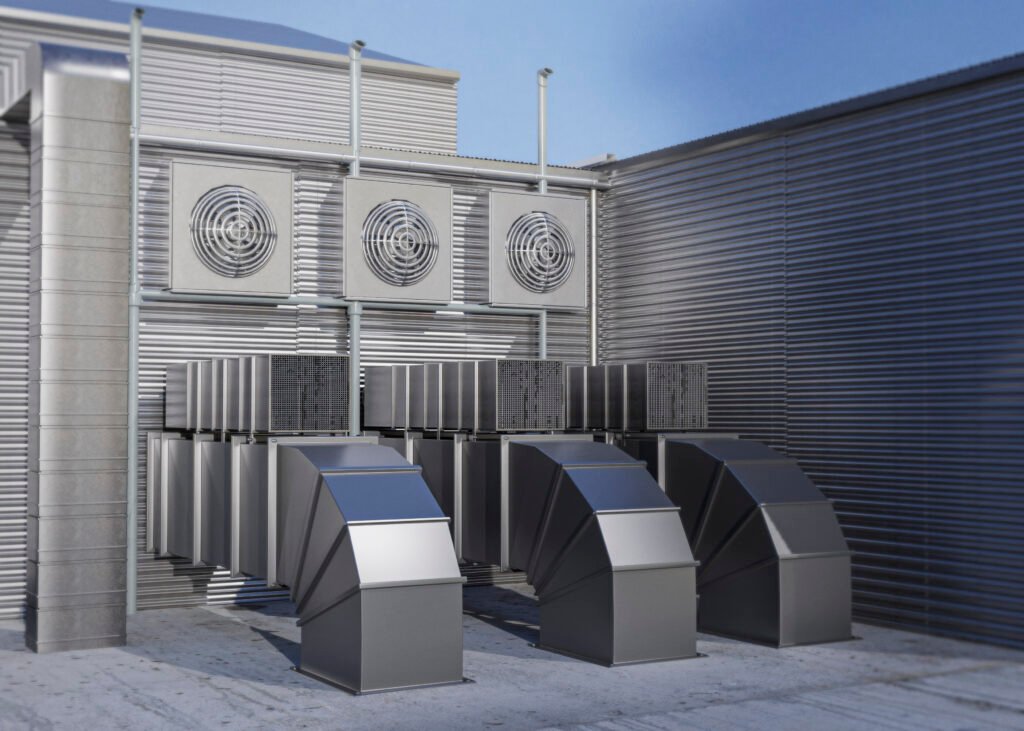Introduction Combined Heat and Power (CHP) or cogeneration technology is a transformative solution for industrial utilities striving for enhanced energy efficiency and sustainability. By simultaneously producing electricity and usable thermal energy from a single fuel source CHP systems optimize energy conversion reduce operational costs and lower carbon footprints. As GCC industries seek to modernize utility infrastructures CHP integration is becoming a strategic priority in energy-intensive sectors such as petrochemicals manufacturing and district cooling.
Operational Mechanism of CHP Systems CHP systems function by capturing the waste heat generated during electricity production and repurposing it for industrial processes heating or cooling applications. Traditional power generation systems waste a significant portion of energy as heat whereas CHP units utilize this excess heat improving overall fuel efficiency which can reach up to 80%. The core components of CHP configurations include prime movers such as gas turbines steam turbines or reciprocating engines along with heat recovery systems and electrical generators.

Industrial Applications of CHP in the GCC In the GCC industrial facilities are deploying CHP solutions to ensure reliable on-site power generation while reducing dependency on grid-based electricity. The petrochemical sector benefits from CHP for process heating and steam generation improving thermal efficiency in refining and chemical processing plants. In manufacturing industries CHP enhances plant productivity by providing a stable supply of electricity and heat critical for metal fabrication cement production and food processing. District cooling plants leverage CHP for trigeneration applications where electricity cooling and heating are produced from a single system optimizing energy utilization in high-demand environments.
Technical Advantages of CHP for Industrial Utilities
- High Energy Efficiency: CHP systems convert fuel into electricity and thermal energy with reduced losses compared to separate power and heat generation processes.
- Cost Savings: Industries achieve significant reductions in energy expenses by utilizing the captured waste heat effectively lowering fuel consumption.
- Grid Independence and Reliability: On-site CHP power generation mitigates risks associated with grid outages ensuring uninterrupted operations for critical industrial processes.
- Emissions Reduction: By optimizing fuel use and minimizing energy waste CHP systems contribute to lower CO2 and NOx emissions aligning with sustainability objectives in the GCC region.
Future Prospects of CHP in the GCC With increasing focus on energy efficiency policies and sustainability mandates industries across the GCC are accelerating CHP adoption. Government initiatives promoting industrial energy optimization and low-carbon technologies are driving investments in advanced cogeneration systems. The integration of CHP with renewable energy sources such as solar thermal and biomass further strengthens its role in industrial decarbonization strategies.
The deployment of CHP technology in industrial utilities is a pivotal step toward achieving superior energy efficiency cost-effectiveness and environmental sustainability. As GCC industries continue to modernize adopting CHP systems will be instrumental in meeting the region’s energy demands while aligning with global efficiency and emissions reduction goals.














